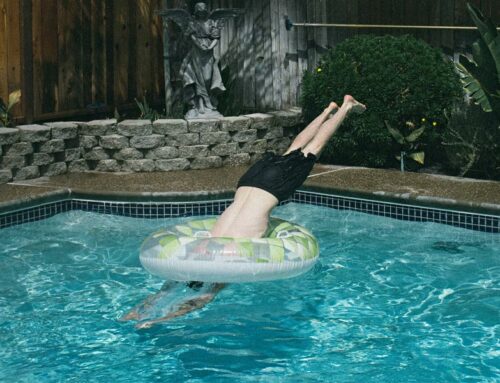Swimming is one of the most popular forms of exercise, especially during the summer months. However, some people may experience breathing difficulties or asthma-like symptoms after swimming in chlorinated pools. This has led to questions about whether swimming pool chlorine causes asthma. In this blog post, we will explore this topic in more detail.
First, let’s define what asthma is. Asthma is a chronic respiratory disease that causes inflammation and narrowing of the airways, leading to difficulty breathing, wheezing, and coughing. The causes of asthma are complex and can include genetic and environmental factors.
Chlorine is a commonly used disinfectant in swimming pools to kill bacteria, viruses, and other microorganisms that can be harmful to swimmers. Chlorine works by forming hypochlorous acid, which breaks down and destroys these pathogens. However, when chlorine combines with organic matter, such as sweat, urine, and other bodily fluids, it can form disinfection byproducts (DBPs), such as trihalomethanes (THMs) and chloramines.
Exposure to DBPs has been linked to a range of health effects, including respiratory problems such as asthma. Several studies have found an association between swimming pool use and asthma, particularly among children. For example, a study published in the European Respiratory Journal in 2006 found that children who swam frequently in chlorinated pools had a higher risk of developing asthma than those who did not swim.
However, it is important to note that not all studies have found a clear link between swimming pool use and asthma. In fact, some studies have suggested that swimming may have a protective effect against asthma. For example, a study published in the Journal of Asthma in 2007 found that regular swimming was associated with a lower risk of developing asthma among children.
So, what does this all mean? While there is some evidence to suggest that exposure to DBPs in chlorinated pools may increase the risk of asthma, the relationship between swimming pool use and asthma is complex and not fully understood. Other factors, such as genetics, environmental pollution, and lifestyle factors, may also play a role in the development of asthma.
It is also important to note that the risks associated with swimming in chlorinated pools are relatively small, especially when compared to the health benefits of regular exercise. If you or your child experiences breathing difficulties or asthma-like symptoms after swimming in a chlorinated pool, it is important to seek medical advice. Your doctor can help you determine the cause of your symptoms and provide appropriate treatment.
In conclusion, while there is some evidence to suggest that exposure to chlorine and DBPs in swimming pools may increase the risk of asthma, the relationship between swimming pool use and asthma is complex and not fully understood. It is important to balance the potential risks with the many health benefits of regular exercise, including swimming. If you have concerns about swimming pool chlorine and asthma, it is best to consult with a healthcare professional for advice.





